On Tuesday evening Scott Morrison outlined a further set of restrictions on businesses and individual behaviours to combat the coronavirus outbreak. Here is an updated list of the federal government’s measures, which will take effect from midnight on Wednesday if they were not already in place.
Banned or closed
- Registered and licensed clubs, licensed premises in hotels and pubs, casinos and night clubs.
- Cinemas and entertainment venues
- Auctions and open house inspections.
- Personal services such as beauty therapy, tanning, massage and tattoo parlours (but not physiotherapy).
- Outdoor and indoor markets, although “major food markets” (the prime minister cited Sydney’s Flemington market as an example) will be addressed by states and territories.
- Amusement parks and arcades, and indoor and outdoor play centres.
- Galleries, museums, libraries and swimming pools.
- Gyms and indoor sport venues.
- Overseas travel, with some exceptions such as aid workers and compassionate travel.
Restricted
- Hairdressers and barbers can continue but must strictly manage social distancing and restrict the amount of time a patron can be in the premises to no more than 30 minutes.
- Boot camps and personal training must be limited to 10 peoeple.
- Restaurants and cafes can offer delivery and takeaway only. Food courts in shopping centres may also only offer takeaway.
- Weddings restricted to five people – the couple, the celebrant and two witnesses.
- Funerals limited to no more than 10 people.
- Visits to houses should be kept to a very small number of people, including for family barbecues and birthday parties. States may choose to legislate to restrict house parties.
Remaining open
- Shopping centres and other shops not specifically told to close, including bottle shops.
- Medical centres.
- Pharmacies.
Schools
The federal government’s advice is that it is safe to send children to school up to the end of the term, but some pupil-free days will be needed to plan distance learning.
Schools will reopen after the term break with a mix of distance learning and in-school learning for all “essential workers”, defined by the prime minister as anyone with a job.
There are differences in how each state and territory is managing schools.
NSW: Schools remain open but it is up to parents to decide whether to send children to school, and parents have been advised to keep children home unless they need to work.
Queensland: Schools remain open but it is up to parents to decide whether to send children to school.
Victoria: Schools closed for school holidays. Due to return on 13 April.
ACT: Schools are pupil-free until the school holidays, but open to students who absolutely need to attend, such as those whose parents must attend work and cannot care for their children at home, as well as vulnerable children and those with additional needs. No child will be turned away.
Tasmania: Schools remain open but up to parents to decide whether to send children.
NT: Schools to remain open but optional for parents to send children.
SA: Schools remain open but premier Steven Marshall recognises parents will take children out of school, allowing for increased social distancing.
WA: Schools remain open but laws relaxed so it’s not compulsory.
All states and territories are working towards re-opening in term 2, depending on how the situation changes over the next few weeks.
Beaches
There are no outright bans, although people are advised not to go and some Sydney beaches have been fenced off.
It is up to the councils to enforce the outdoor restrictions on social distancing.
Interstate travel
NSW, the ACT and Victoria are the only states and territory to not implement restrictions on interstate travel. In the other states and territory anyone visiting will be required to quarantine themselves for 14 days upon arrival, unless they are in sectors deemed essential. Western Australia, South Australia, the Northern Territory and Queensland have all closed their borders to a greater or lesser extent. Tasmania has said it will turn around visitors from interstate who do not have an essential purpose to their trip.
Remote communities
The restrictions in the Northern Territory do not apply to the remote communities because of the strong restrictions already in place in those communities.
Source: The Guardian March 25, 2020
